10 of the Most Dangerous Chemicals in the World
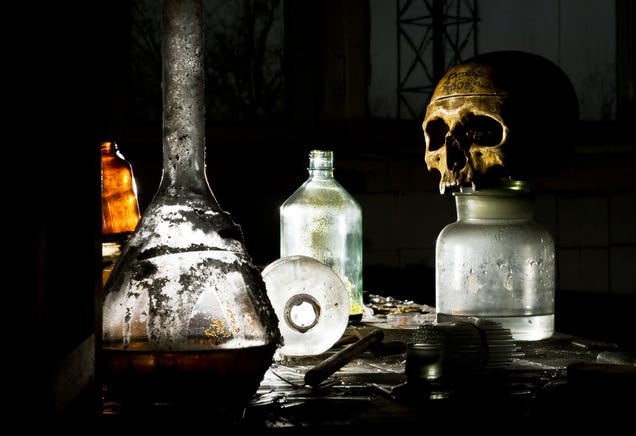
It's
our chemical all-star team of death. We've got historic poisons that
have claimed the lives of millions in a sinister manner, along with a
couple of chemicals that might be in your home. Contact with any of
these, in the right dose, will send you running for a hastily scribbled
bucket list.
Before we
start – a couple of rules concerning these deadly jumbles of carbon,
nitrogen, and oxygen. Neither proteins (sorry Botulinum toxin) nor
elements/radioactive isotopes (my apologies to Polonium-210) were
considered for the list, with a nod given to chemical compounds that you
could come in contact with during your life.
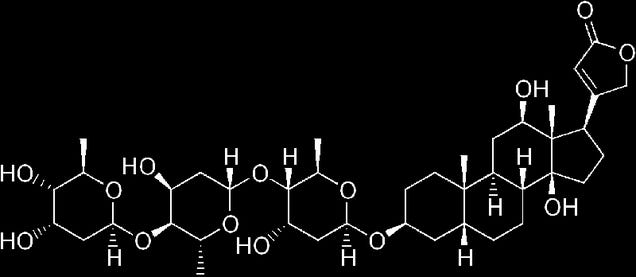
10. Digoxin
A purified extract of the foxglove plant.
In proper quantities, digoxin increases the efficiency of the heart.
Charles Cullen, a nurse and the "angel of death", used pharmaceutical
grade digoxin to kill over forty patients using the drug.
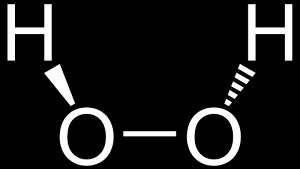
9. Hydrogen peroxide
The hydrogen peroxide in your bathroom cabinet has a concentration of 3 to 6%. At higher concentrations, it's a rocket propellant.
Hydrogen peroxide is extremely volatile, with the merest nudge setting
off an explosion in laboratory grade solutions (>70% hydrogen
peroxide). The 2005 London subway bombers used concentrated hydrogen peroxide as an explosive in the attacks that killed 52 people.

8. Ethylene glycol
It's in your car as antifreeze. It's cheap. It looks so damn simple. It has a moderate toxicity
level, however, the sweet taste can make one easily surpass that
boundary, leading the ethylene glycol to be metabolized into the more
dangerous oxalic acid. Keep it away from animals and pets, as they are
likely to lap up the liquid as a food source. If you do ingest a large
amount of ethylene glycol, death is slow, knocking out organ systems
systematically over the course of 72 hours. The treatment is
administration of grain ethanol, as the ethanol competes with ethylene glycol for binding in your body.
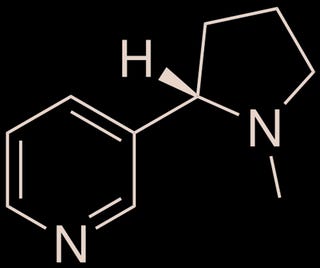
7. Nicotine
A member of the nightshade family of plants, this oily liquid that makes up between 0.6 to 3% of a cigarette's mass. Contact with the liquid pure form can cause death within hours, as nicotine passes through the dermis and heads directly for the bloodstream. Overdoses and death can easily occur in those smoking cigarettes with nicotine patches applied on their body.
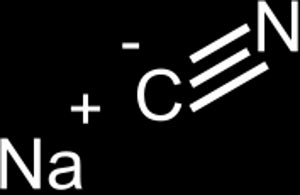
6. Sodium cyanide
A routine industrial reactant, but one false step results in the smell of almonds, then death within seconds. Cyanide binds to cytochrome c oxidase, a protein in the mitochondria, and stops the cells from using oxygen.
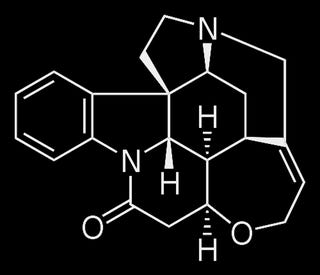
5. Strychnine
Commonly
used as a pesticide to kill large unwanted pests like rodents and birds.
Due to the ease of concealment, strychnine is rumored to have killed
many historic figures including Alexander the Great and Blues musician Robert Johnson.
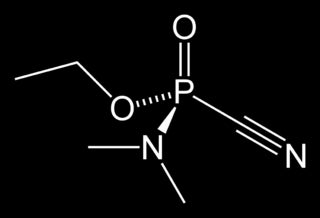
4. Tabun
One of the first nerve agents discovered,
this liquid is known for a fruity odor and can be sprayed as a mist
that causes convulsions and paralysis. Tabun itself is not extremely
deadly, but the success of this chemical compound in war led to the
development of deadlier toxins like ricin and soman. Iraqi soldiers used
Tabun in the final days of the Iran/Iraq war to kill thousands of Iranians.
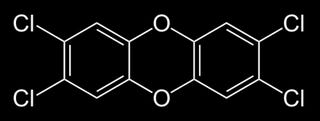
3. 2,3,7,8-Tetrachlorodibenzo-p-dioxin
Heard of Agent Orange? 2,3,7,8-Tetrachlorodibenzo-p-dioxin was the contaminant
in Agent Orange. That's a bastard chemical. Agent Orange was created to
cause defoliation of dense areas in Vietnam, but this contaminant led
to severe prenatal deformities and skin lesions.
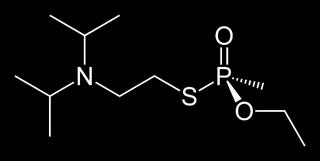
2. VX
One of the first chemical WMDs, researchers initially produced VX for retail sale in the 1950s as a pesticide.
Thankfully, your likelihood of coming in contact with VX is extremely
low - the world's stockpiles have been destroyed, including the United
States' main stockpile in Anniston, AL.
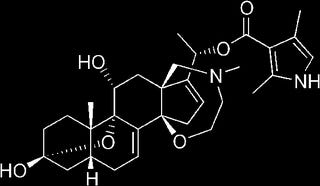
1. Batrachotoxin
The most potent non-peptide based poison known.
Batrachotoxin gained fame though its use in poison darts made from frog
excretions. The frogs themselves don't produce the toxin directly, but
through digestion of Melyrid beetles the frogs eat.
Top image from Shutterstock with chemical structures from CC sources. Sources linked within the article.

Post a Comment